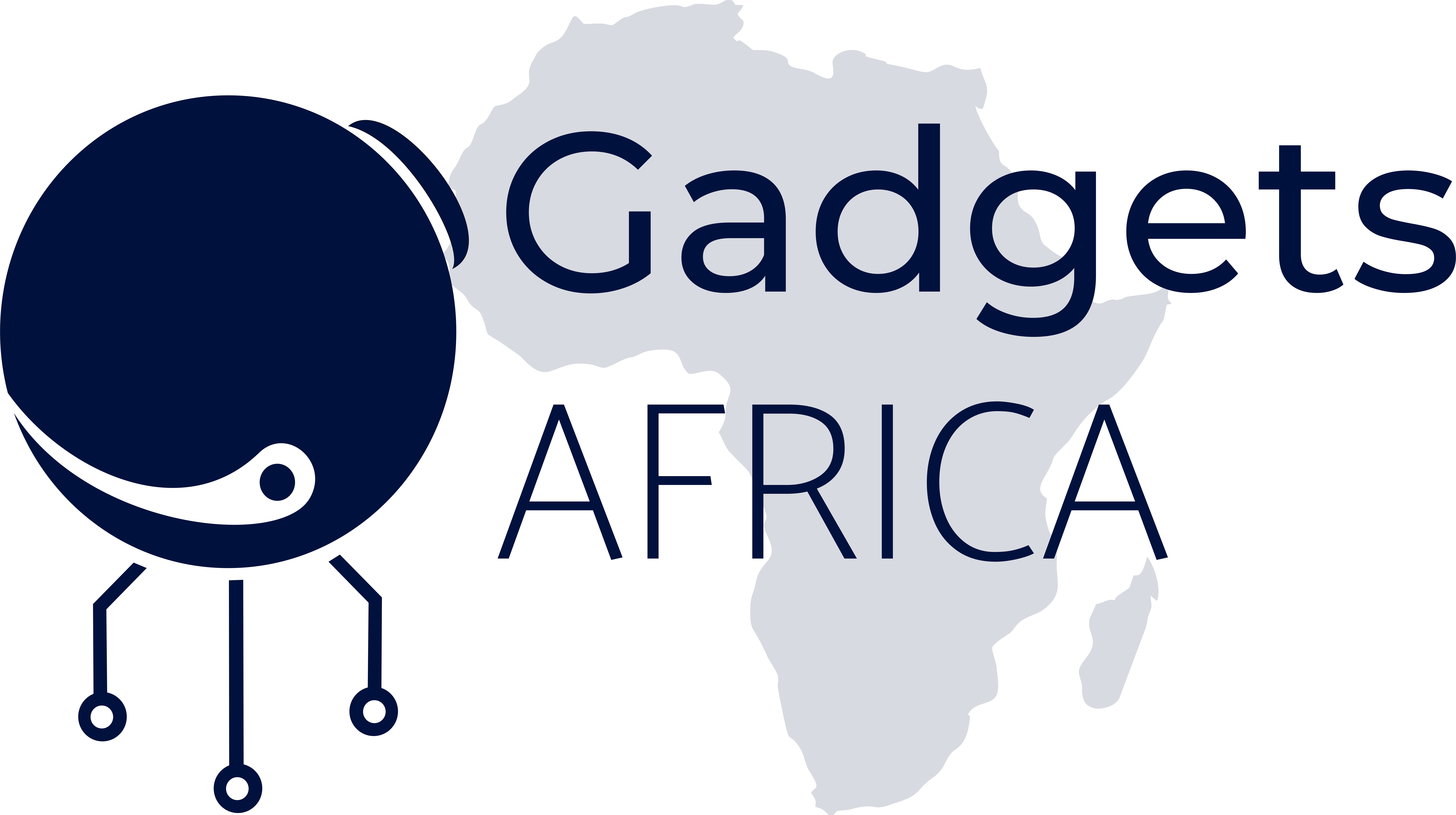Countries in Southeast Asia are developing artificial intelligence governance and ethical standards that will impose “guardrails” on the rapidly developing technology.
The use of generative AI, which can generate text and images and is inspiring both excitements and worries about its potential to change a wide range of businesses, has prompted regulators around the world to hastily create legislation to oversee its usage.
The necessity for an ASEAN “AI guide” for the 668 million-person region was acknowledged by ministers from the 10-member Association of Southeast Asian Nations in February, although specifics of the policymakers’ deliberations were not previously publicised.
The so-called ASEAN Guide on AI Governance and Ethics, according to senior Southeast Asian officials, is taking shape and will attempt to balance the commercial advantages of the technology with its numerous perils.
Before it is approved by the ASEAN countries, the writing could be finished around the end of the year, an official told Reuters.
As the European Union and the United States prepare to publish a draft of a voluntary AI code of conduct within weeks, ASEAN is taking steps to establish rules for AI. The code would go into force before the ground-breaking AI Act of the EU, which is still being hammered out.
Regional politicians have expressed special concern about the potential for AI to industrialize misinformation, similar to their colleagues in Europe and the United States.
In a research paper published in June, Singapore’s Infocomm Media Development Authority cautioned of the danger of “hallucinations,” which occur when generative AI creates fictitious content with convincing certainty.
According to Reuters, the island city-state has led the discussion to create the AI handbook and has been at the forefront of the region’s AI policy.























